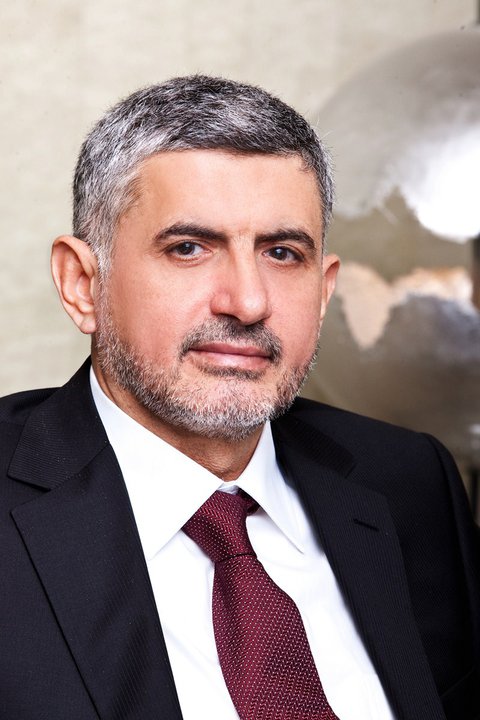The State Security prosecution renewed Friday the detention of Muslim Brotherhood businessman Hassan Malek, on charges of withholding foreign currency, in order to smuggle it out of the country, in an attempt to “escalate the ongoing dollar crisis”.
Malek, 57, was arrested Thursday from his private residence in the Cairo suburb of the Fifth Settlement, along with four others.
He is also accused of leading an illegal group with the intention to oppose state institutions. He was charged by the State Security Prosecution, the highest level of prosecution in the country, usually dealing with cases related to national security. Charges include organising meetings with Brotherhood leaders abroad to “destabilise the national economy of the country”, and “aborting the state efforts to enhance economic stability”.
The ministry also said Malek and another defendant were found to have used currency exchange companies owned by Brotherhood members to “smuggle currency abroad”. The companies were Al-Tawheed, Al-Nouran, and Al-Gharbeya, which are allegedly owned by Brotherhood members.
The Ministry of Interior said Saturday all arrests happened with legal permission from the prosecution. A representative from the ministry told Daily News Egypt that the exchange companies were also searched with a legal permit. Possessions found with the defendants included papers allegedly belonging to the Brotherhood group, and amounts of foreign currency.
In local pro-government media, the arrest was hailed as “a hit” against the “Brotherhood plots” and a step towards solving the ongoing problem of foreign currency that the country is suffering from.
The current currency crisis is due to the devaluation of the pound, which is met by a steady rise of the US dollar. The Central Bank of Egypt (CBE) reduced the value of the Egyptian pound by 20 piasters over two bidding sessions; last Sunday and the preceding Thursday.
In many media outlets, Malek and the Brotherhood are accused of contributing to the crisis. One state-run news paper, Al-Massa, dedicated its front page story to the topic, arguing that Malek had $0.5m in his house.
Following the ouster of Islamist former president Mohamed Morsi, different crises were propagated to have been caused by the now-outlawed Muslim Brotherhood.
Commenting on the arrest and charges, a Brotherhood spokesperson told Daily News Egypt: “The regime is trying to justify and hide its failures in running the country by sticking all charges to the revolutionaries.”
The spokesperson described the charges as a “farce”.
After his arrest, Malek joins hundreds of Brotherhood leaders in prison. His son, Omar, is appealing a death sentence handed to him earlier this year.
Prior to the 25 January Revolution, Malek was sentenced in a military tribunal in 2006, but was pardoned and released in 2011. His investments in the stock exchange were unfrozen a year after the revolution.
Like many Brotherhood figures, he was allowed to enter the Egyptian political and business scene after the revolution, with the army strengthening its relationship with the Islamists.
Along with Khairat El-Shater, he was one of the group’s main financiers, and both were released after nearly six years behind bars. The two were convicted, along with others, in a military court on charges of money laundering and terrorism.
Despite being an economic strategist of the Brotherhood, he rarely spoke to the media or appeared in public. As the CEO of Malek Group, which owns several clothes and furniture stores, he emphasised, in an interview with Reuters in 2011, the need to depend on the private sector to develop the economic scene in Egypt.
He was previously involved in 1992 in a corruption case involving his technology company Salsabeel. He spent a year in prison and was released afterwards.
Following Morsi’s ouster, many Brotherhood businesses and NGOs were taken over or shut down by the government. Many members of the outlawed group have been sacked from various syndicates, charity groups, and mosques, and had their assets frozen. Currently, belonging to the group or indicating support to it is considered a crime.
Last year, police forces raided Seoudi and Zad supermarket chains, following allegations that they are owned by members of the Muslim Brotherhood. They are currently being run jointly with the government.
Similarly Egypt’s courts upheld a decision by the prosecution to freeze assets of prominent Muslim Brotherhood leaders, along with several other Islamist politicians.
